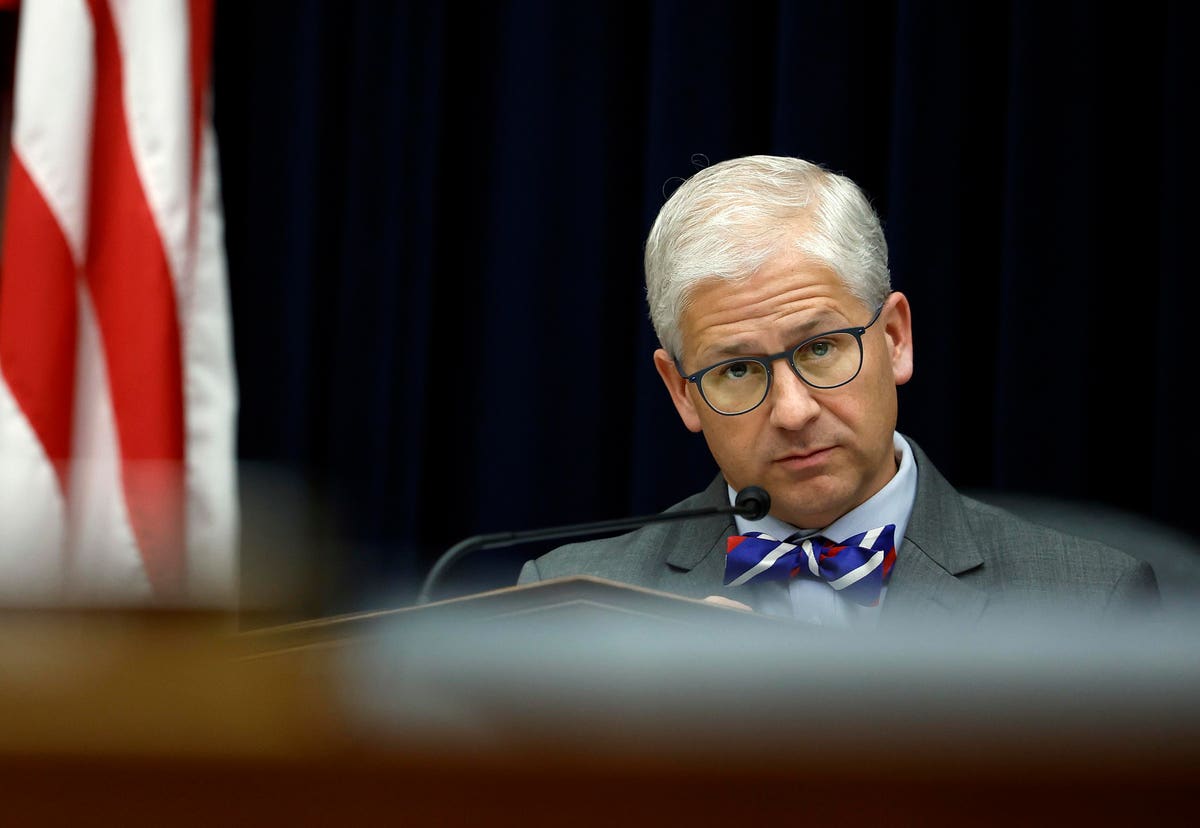
The recent hearing titled ‘Oversight of the Securities and Exchange Commission’ held by the House Financial Services Committee shed light on the ongoing debate and confusion surrounding the regulatory status of Bitcoin and Ether. SEC Chair Gary Gensler was questioned on whether these digital assets should be classified as securities or commodities.
During the hearing, Gensler stated that Bitcoin is not a security and falls under different regulations. However, when asked about Ether, he avoided giving a direct answer and stated that the classification depends on the specific facts and circumstances of each cryptocurrency token.
Lewis Cohen, co-founder of DLx Law, a boutique law firm specializing in blockchain and crypto assets, believes that Gensler refrains from directly addressing Ether’s classification because it would open the door to more complex questions about other cryptocurrencies. He argues that Ether is not a security and that the SEC’s reluctance to classify it as such stems from the challenge of regulating the broader crypto asset space.
H. Joshua Rivera, Operating Partner and General Counsel at Blockchain Capital, suggests that Gensler aims to bring the entire crypto industry under the SEC’s jurisdiction. He believes that Gensler wants to slow down the industry’s rapid growth by subjecting crypto assets to SEC regulation.
The lack of clarity surrounding the regulatory status of Bitcoin and Ether has raised concerns among industry participants. Congressman Patrick McHenry expressed the view that the crypto industry is learning about regulations through the numerous enforcement actions taken by the SEC. McHenry questioned Gensler on whether there is a lack of clarity, but Gensler insisted that the clarity is sufficient.
Gensler has repeatedly emphasized the prevalence of noncompliance in the crypto industry. However, it remains unclear whether the industry is inherently fraudulent or if legitimate actors coexist with bad actors. According to Cohen, the SEC’s enforcement actions against parties not accused of fraud or malfeasance risk undermining the Commission’s authority and inviting court scrutiny.
The question arises as to whether Congress should enact new legislation to provide clarity and consumer protection in the digital asset space. Gensler acknowledged that a new law could empower the Commodity Futures Trading Commission (CFTC) to better regulate the digital asset marketplace. Currently, the FIT For the 21st Century Act (H.R. 4763) is under consideration in Congress, which could establish a market structure for cryptocurrencies and address the regulatory status of Bitcoin, Ether, and other cryptocurrencies.
Cohen suggests that Congress should adopt principles-based legislation that recognizes the difference between fundraising and non-fundraising exchanges of crypto assets. He also proposes a bespoke disclosure regime for crypto assets that are not securities.
McHenry’s clash with Gensler reflects the divide between those who advocate for more stringent regulations and those who believe that the existing regulations are sufficient. The debate over the need for legislation and the best regulatory approach for the cryptocurrency industry continues among policymakers.
In conclusion, the recent SEC Oversight hearing highlighted the ongoing uncertainty surrounding the regulatory status of Bitcoin and Ether. The debate over whether Congress should intervene and enact new legislation to provide clarity and consumer protection in the digital asset space remains unresolved.






